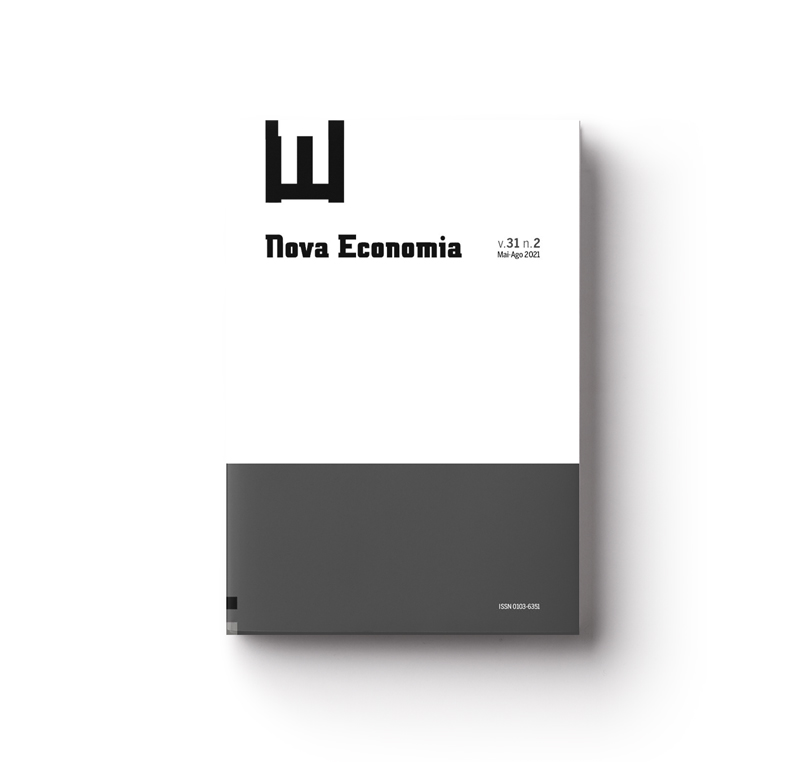Desigualdade salarial e composição do emprego no Brasil: uma estimação VEC para o período 2004-2019
Resumo
Resumo
Durante a primeira década do século 21, a economia brasileira se destacou por conciliar crescimento com redução da desigualdade de renda. Para melhor compreender esse processo de crescimento, proponho estudar a dinâmica da estrutura do emprego e da desigualdade salarial do Brasil naquele período partindo da hipótese de que houve um movimento circular cumulativo em que a redução da desigualdade, mudanças na composição do emprego e o crescimento reforçaram-se mutuamente. Testando econometricamente a existência desse mecanismo cumulativo para o Brasil para os anos de 2004-2019, concluo que a composição do emprego e a desigualdade salarial estão mutuamente relacionadas. Os resultados destacam as lacunas de pesquisa existentes na compreensão das relações entre desigualdade salarial e composição do emprego e caminhos para pesquisas futuras.
Palavras-chave: crescimento, distribuição, desigualdade salarial, composição do emprego
Códigos JEL: E12, E24, C32
Downloads
Publicado
Como Citar
Edição
Seção
Licença
Copyright (c) 2021 Clara Zanon Brenck

Este trabalho está licenciado sob uma licença Creative Commons Attribution 4.0 International License.
Autore[a]s que publicam nesta revista concordam com os seguintes termos:
- Autore[a]s mantém os direitos autorais e concedem à revista o direito de primeira publicação, com o trabalho simultaneamente licenciado sob a Licença Creative Commons Atribuição 4.0 Internacional que permite o compartilhamento do trabalho com reconhecimento da autoria e publicação inicial nesta revista.
- Autore[a]s têm autorização para assumir contratos adicionais separadamente, para distribuição não-exclusiva da versão do trabalho publicada nesta revista (ex.: publicar em repositório institucional ou como capítulo de livro), com reconhecimento de autoria e publicação inicial nesta revista.
- Autores têm permissão e são estimulados a publicar e distribuir seu trabalho online (ex.: em repositórios institucionais ou na sua página pessoal) a qualquer ponto antes ou durante o processo editorial, já que isso pode gerar alterações produtivas, bem como aumentar o impacto e a citação do trabalho publicado (Veja O Efeito do Acesso Livre).




